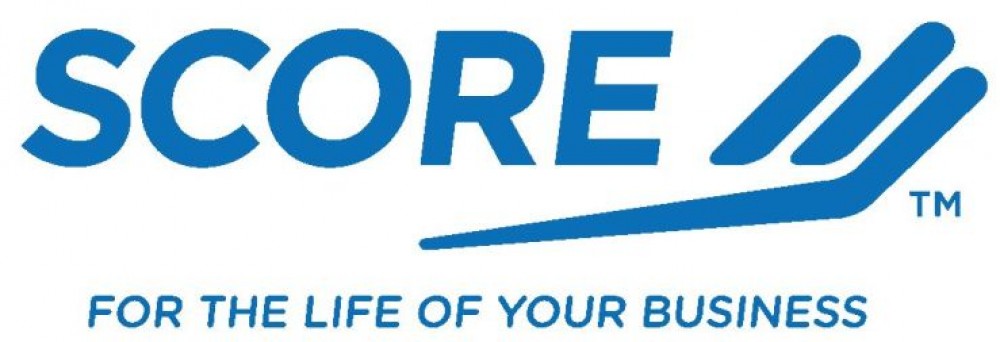One of the most talked-about issues in business today is corporate social responsibility (CSR), where a company strives to have a positive effect on the public interest. But CSR isn’t just for large companies. Small businesses have a long and proud tradition of “making a difference,” particularly on the local level.
The benefits of community involvement go beyond simply feeling good because you helped a worthy cause. It raises the profile of your business, creates a positive buzz, and opens the door to new networking opportunities. These activities can also reinforce employee morale, fostering a spirit of teamwork and collaboration that will enhance on-the-job performance.
A good starting point for finding community involvement ideas is your local Chamber of Commerce. They frequently sponsor events that offer opportunities for advertising or in-kind service donations. And nothing beats the chance to meet and network with fellow small business owners! Cities like Dunedin and Safety Harbor have frequent community events in their downtown areas, and they always need volunteers.
Civic groups and charitable organizations are also great sources of community activities. You could sponsor youth sports teams, 5K races, and parade floats; contribute to food drives and roadside clean-ups; supply giveaways stamped with your business’s name and logo…the possibilities are endless. Here in Pinellas County, Habitat for Humanity helps people build houses, and St. Vincent de Paul provides food for needy people and families. Look for a cause that you, your employees, and your customers can relate to.
These events almost always require volunteers, so why not encourage your employees to pitch in? Many will do so willingly, but consider offering an incentive such as a few hours off to compensate for their time. Supplying them with custom t-shirts or hats will reinforce the teamwork bonds, and provide another way for your business to stand out.
Then there are schools. They too have events that need sponsors, as well as career days, student tutoring and mentoring programs, and extra-curricular clubs. Look for a direct tie-in to what your business does, or the skills you utilize. A clothing store might do something related to fashion design, while math and science-related activities would be ideal for an engineering firm.
Not all of this work has to take place in school. Consider hosting a “shadow student” who spends the day at your business for a taste of the “real world.” If feasible and appropriate, hosting a class-size field trip may be in order.
Don’t worry if you’re a one-person business. You can still be as much a part of your community as your town’s largest employer. Examples include volunteering for an event or school program, donating money or supplies to a local charity or animal shelter, “adopting” a small park by regularly picking up trash.
These groups will actively thank their sponsors, so consider issuing a press release about your involvement and mention it on your website. Just be sure your business takes a back seat to the community benefits.
A great idea for every type of business is to contact SCORE, a nonprofit association offering a wealth of information resources, training, and free counseling designed to help entrepreneurs nationwide build productive, profitable businesses. For more information about taking advantage of these valuable services, visit www.score.org. Find local information at www.scorepinellas.org.
